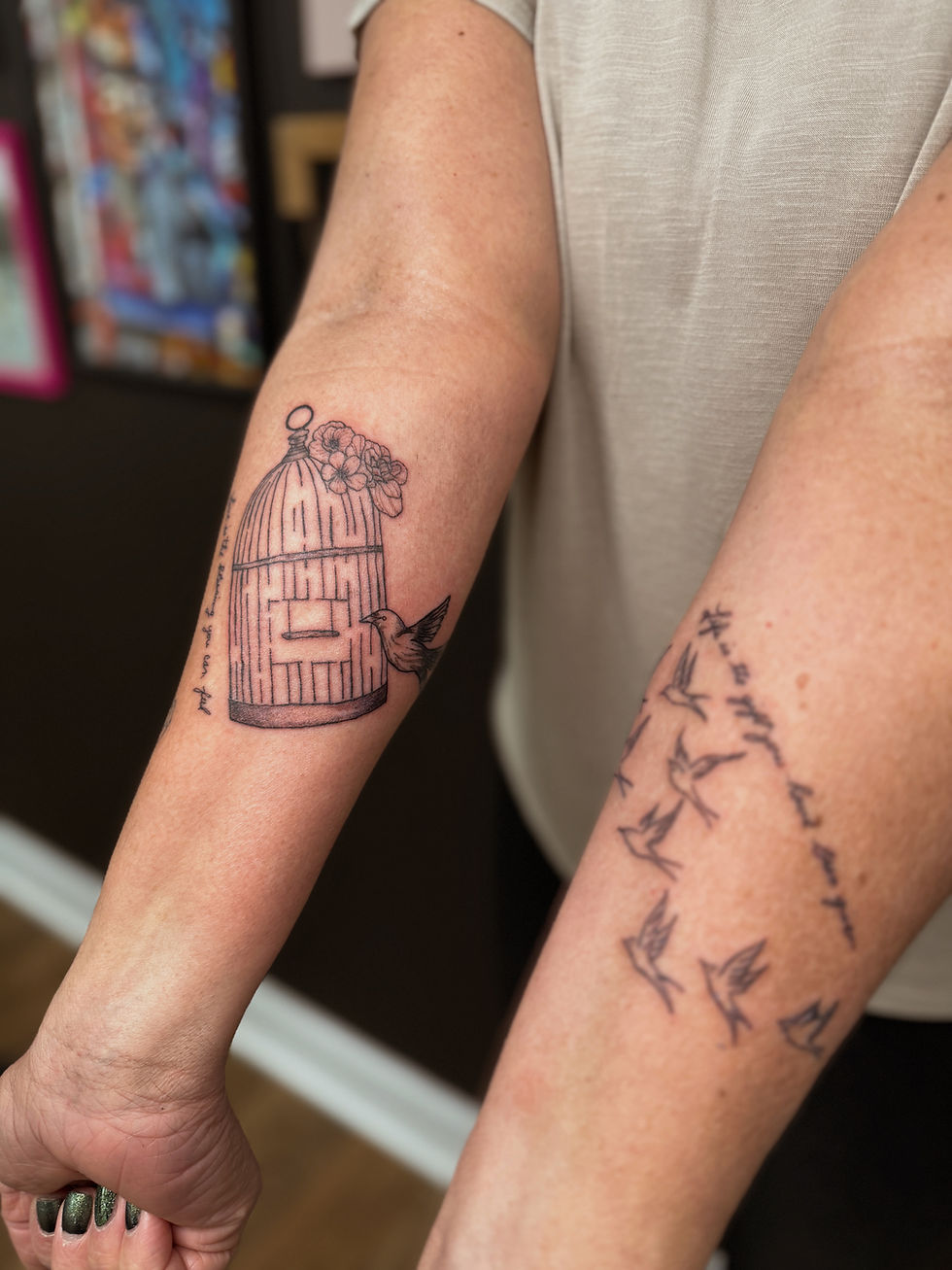
If you’re thinking about getting inked in Minnesota or you’re a tattoo artist looking to set up shop, it’s super important to know the local tattoo laws to ensure everything's on the up and up. Let’s break down what Minnesota requires from both artists and clients, keeping it as chill and straightforward as possible.
Who Can Get Inked? Age Requirements
First things first, age matters. In Minnesota, you've gotta be at least 18 to get a tattoo. No ifs, ands, or buts about it—no parental consent loopholes here. The state is pretty strict about this rule to protect minors, so if you’re under 18, you’ll just have to wait a bit longer to get that awesome design you’ve been dreaming about.
Licensing for Artists and Studios
If you’re on the artist side of things, you’ll need to be licensed. Minnesota requires that all tattoo artists and their studios are licensed by the state. This ensures that artists meet certain standards, which is a good thing for everyone involved. It keeps the artistry high and the risk low.
To get licensed, artists must undergo a specific amount of training, including health and safety courses, to make sure they’re up to snuff on best practices for cleanliness and preventing infections. The studios themselves are subject to health inspections, and maintaining a clean and safe environment is key to keeping that license.
Informed Consent and Record Keeping
When it comes to getting a tattoo, there’s a bit more paperwork involved than you might expect. Artists are required to obtain informed consent from each client before the tattooing begins. This means you’ll be given information about the tattoo process, care instructions, and potential health risks, and you’ll need to sign off on it. This protects both the client and the artist.
Record keeping is also a big deal. Tattoo studios must keep detailed records of their clients, including their names, ages, and the dates of their tattoos. These records help trace any issues if they arise later and are a standard part of professional practices in tattoo parlors.
Hygiene Standards
Minnesota takes hygiene seriously. There are specific regulations about sterilization and the types of equipment that can be used. For example, needles must be single-use, and the work areas must be kept clean and sanitary. These rules are in place to prevent infections and the spread of diseases, which is crucial in a space where needles and skin meet regularly.
Post-Tattoo Care
Good tattoo care doesn’t end when you leave the studio. Artists are required to provide clients with detailed post-care instructions. This usually includes how to keep the tattoo clean, what kind of ointments or creams to use, and what signs of infection to look out for. Following these instructions is important for your health and ensures your tattoo looks great once it’s healed.
What If Something Goes Wrong?
Even with the best preparation, sometimes things can go sideways. If you have an issue with a tattoo, whether it's a health concern or dissatisfaction with the service, there are channels to handle that. Complaints can be filed with local health departments, and they take these issues seriously. It's all part of making sure that tattooing remains a safe art form for everyone involved.
Final Thoughts
Whether you're looking to get your first tattoo or you’re a seasoned artist thinking about opening a shop in Minnesota, knowing the local laws is crucial. It keeps you safe, informed, and ensures that tattooing remains a respected and beautiful form of expression. So, keep these points in mind, and get ready to create (or receive) some incredible art!

Comments